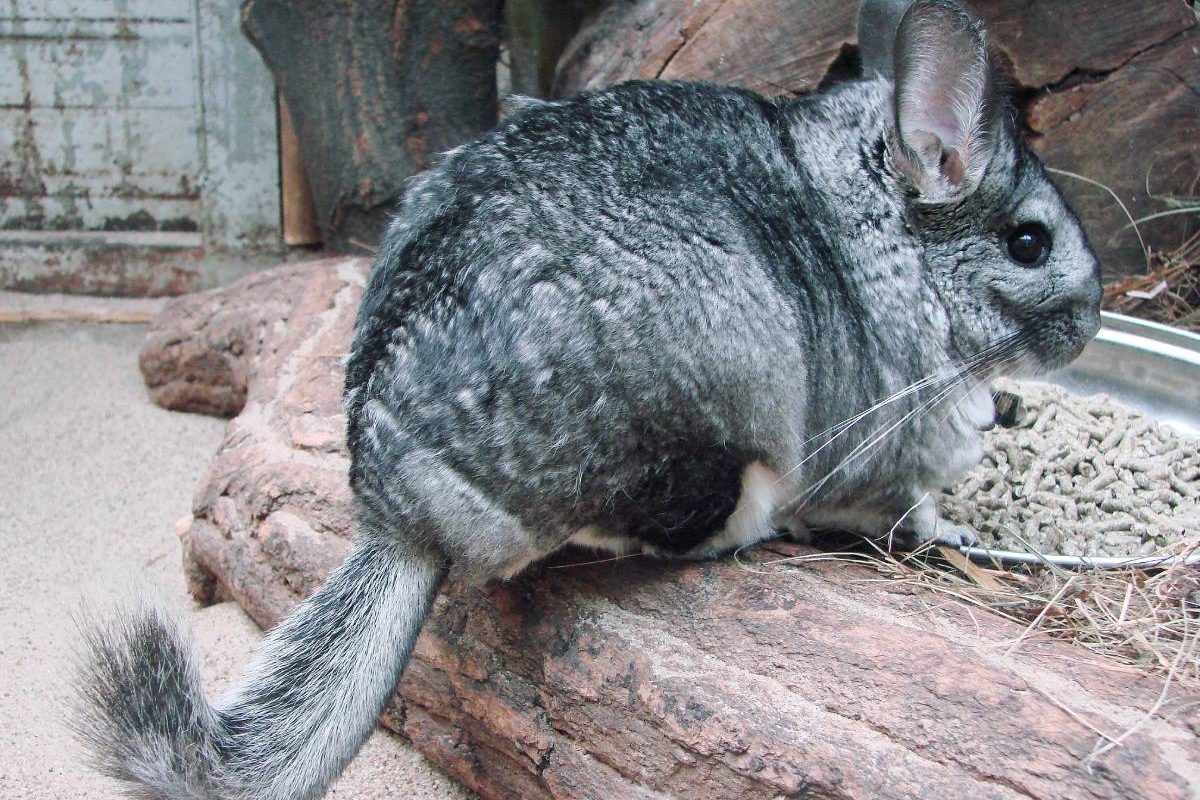Chinchillas are the cutest, most cuddly pets that someone can have in their home. In Australia, people may be wondering if they are able to own a chinchilla of their own. The answer is yes, owning a chinchilla as a pet is completely possible in Australia! Chinchillas make great companions and can provide hours of entertainment with their playful personalities.
People should research the laws and regulations surrounding owning a chinchilla in Australia before making any commitments to taking one home. It’s important to ensure that all necessary documentation and paperwork is prepared, as well as ensuring that you are aware of the needs your pet may have.
Furthermore, any potential owner should also look into finding an experienced veterinarian who can guide them through properly caring for their new furry friend.
Legal Requirements
Having a pet can bring great joy and companionship to your life. But before you go out and buy that cute, furry companion, it’s important to consider the legal requirements for keeping said pet in order to avoid any fines or other legal issues. This is especially true if you are looking into getting a chinchilla as a pet in Australia.
It’s important to know that under Australian law, all pet owners must meet various regulations and licencing requirements when owning an exotic animal such as a chinchilla. Depending on the state or territory you live in, there may be additional local laws that govern exotic pets like chinchillas.
It’s also important to make sure your chosen chinchilla is sourced from an approved seller; failure to do this could result in hefty fines or even forfeiture of the animal depending on your location.
Chinchilla Habits
If you’re considering getting a pet that’s as unique and cuddly as a chinchilla, then you’ll be pleased to know that these little critters can make for excellent pets in Australia. Native to the Andes mountains of South America, chinchillas are small rodents with thick fur and big ears. As such, they require special care and attention from their owners to ensure they lead a healthy and happy life.
Chinchillas tend to have very specific habits when it comes to their diet, exercise, grooming needs and sleeping patterns. They have a diet rich in hay and other high-fiber foods that help keep their digestive system functioning properly. Exercise is important for these lively creatures; owners should provide them with plenty of toys and space for running around in order to keep them active throughout the day.
Accommodation Setup
Accommodation Setup is an important factor in deciding whether or not to get a chinchilla as a pet in Australia. These small rodents need special care, and the correct environment is essential for their wellbeing.
Chinchillas are social animals and require companionship, therefore it is recommended that you get two of them if possible. They also require spacious housing with plenty of room to explore, so it’s important to consider this when setting up their accommodation.
A well-ventilated cage made from wire mesh is ideal for a chinchilla, as it allows for lots of air flow and prevents any moisture build-up which can lead to health risks in these animals. The bottom should be lined with wood chips or other material such as newspaper that can be changed regularly to help keep the space clean.
Food & Nutrition
Food & Nutrition is a critical component of any pet care routine. This is especially true when it comes to chinchillas, small rodents that can make great household pets in Australia. Chinchillas are unique animals with specific nutritional needs due to their high metabolism, which means they need a diet that is balanced and diverse in order to stay healthy and happy.
This article will address the essential elements of nutrition for chinchillas in Australia and discuss how owners can ensure their beloved pets are getting all the necessary nutrients. With the right knowledge and dedication to your chinchilla’s diet, you’ll be able to keep your furry friend healthy and well fed at all times!
Health Concerns
Having a pet is an exciting and rewarding experience, but it also comes with responsibility. Pet owners must consider any potential health concerns associated with the pet in question. In Australia, if you’re considering having a chinchilla as a pet, there are some important health issues to keep in mind.
Chinchillas are typically quite healthy animals and have fairly long lifespans when cared for properly. However, like all animals, they can be prone to certain types of illnesses or infections if the right precautions aren’t taken. They need to be kept away from other pets that may carry diseases or parasites, as well as given proper nutrition and regular check-ups with a veterinarian.
Additionally, their cages should be regularly cleaned to reduce the chance of infection or disease spreading between them and their humans.
Conclusion
Chinchillas are small, rodents that have become increasingly popular pets in Australia. They make incredibly affectionate companions and need a great deal of care to keep them healthy and happy.
While they can be an excellent pet, there are a few important factors to consider before deciding whether or not a chinchilla is right for you. This article has looked at the pros and cons of owning a chinchilla as a pet in Australia.
Ultimately, deciding whether or not you should own a chinchilla depends on your lifestyle and commitment to their care – from housing requirements to diet needs. It’s also important to consider any local laws that may place restrictions on owning exotic animals such as chinchillas in Australia.
Before making the decision, it’s important to weigh up all the facts so you know exactly what you’re getting into before bringing home your new furry friend!






